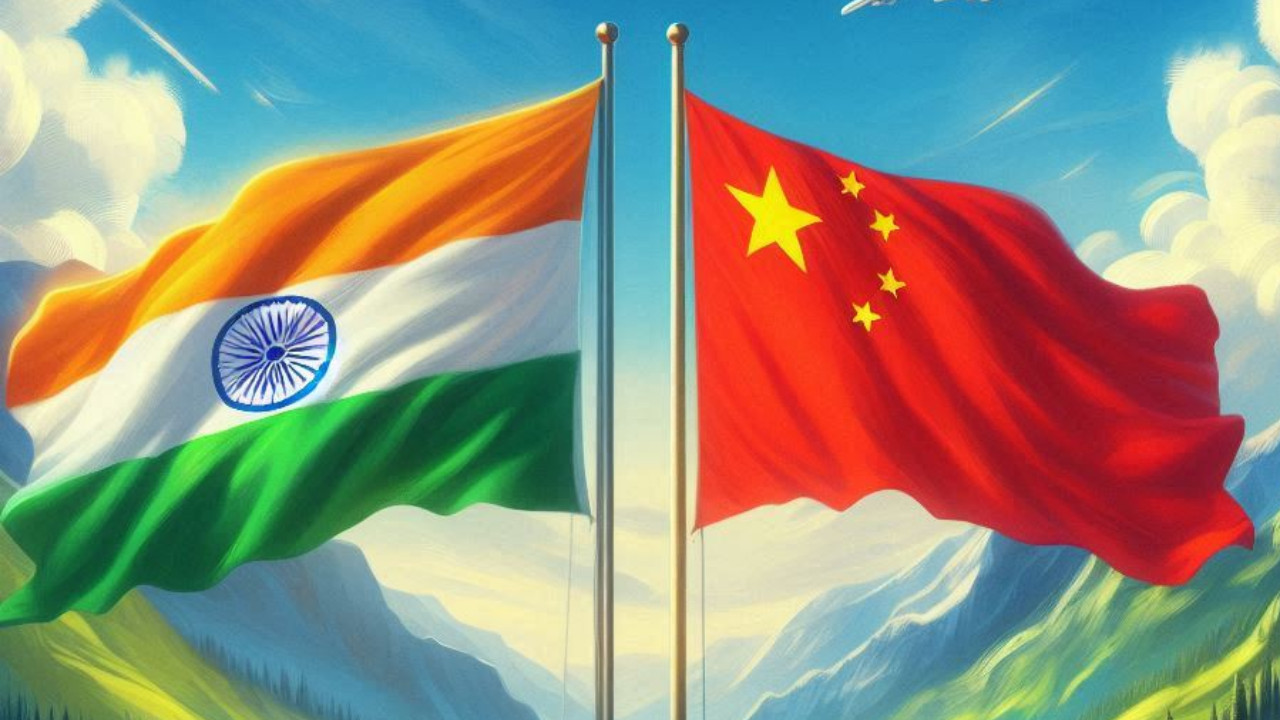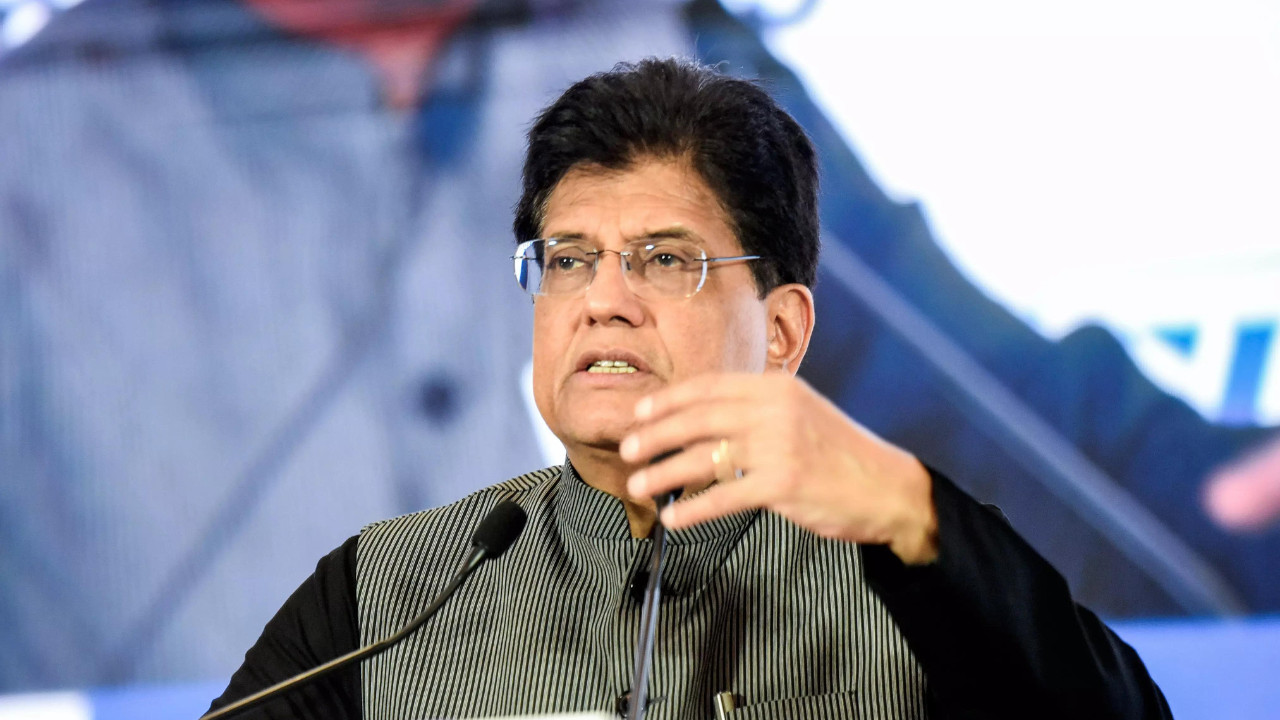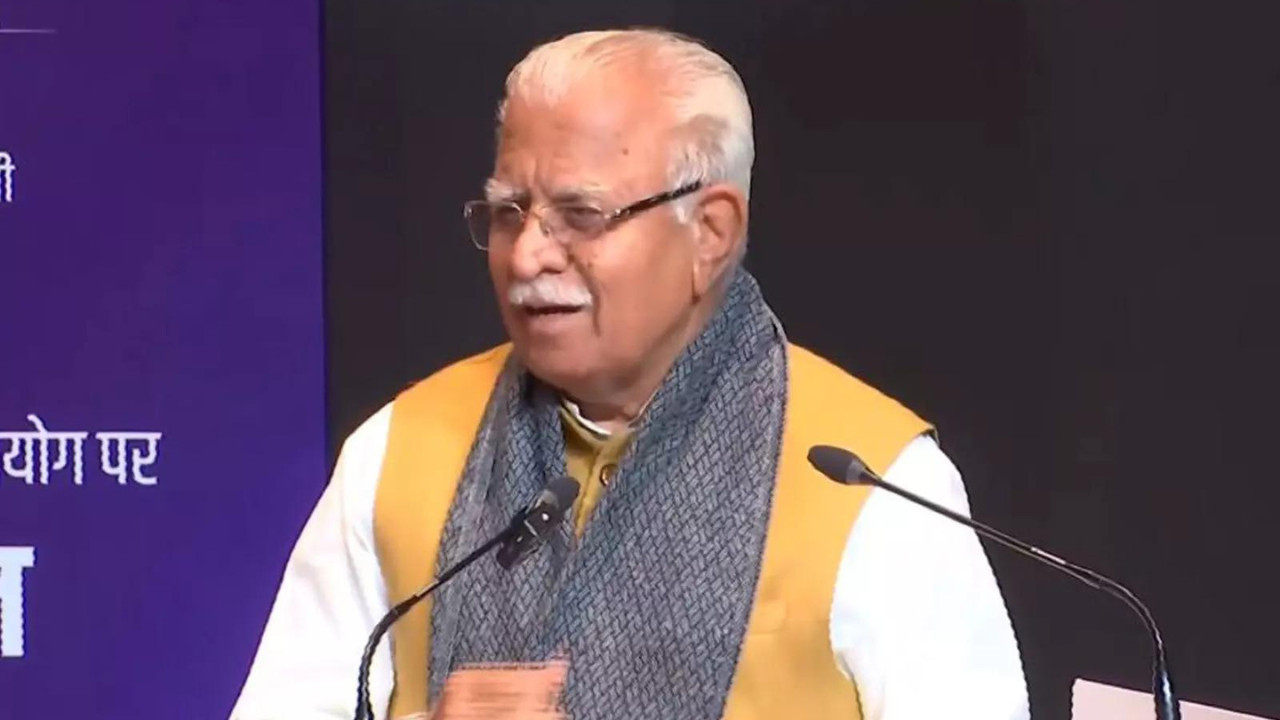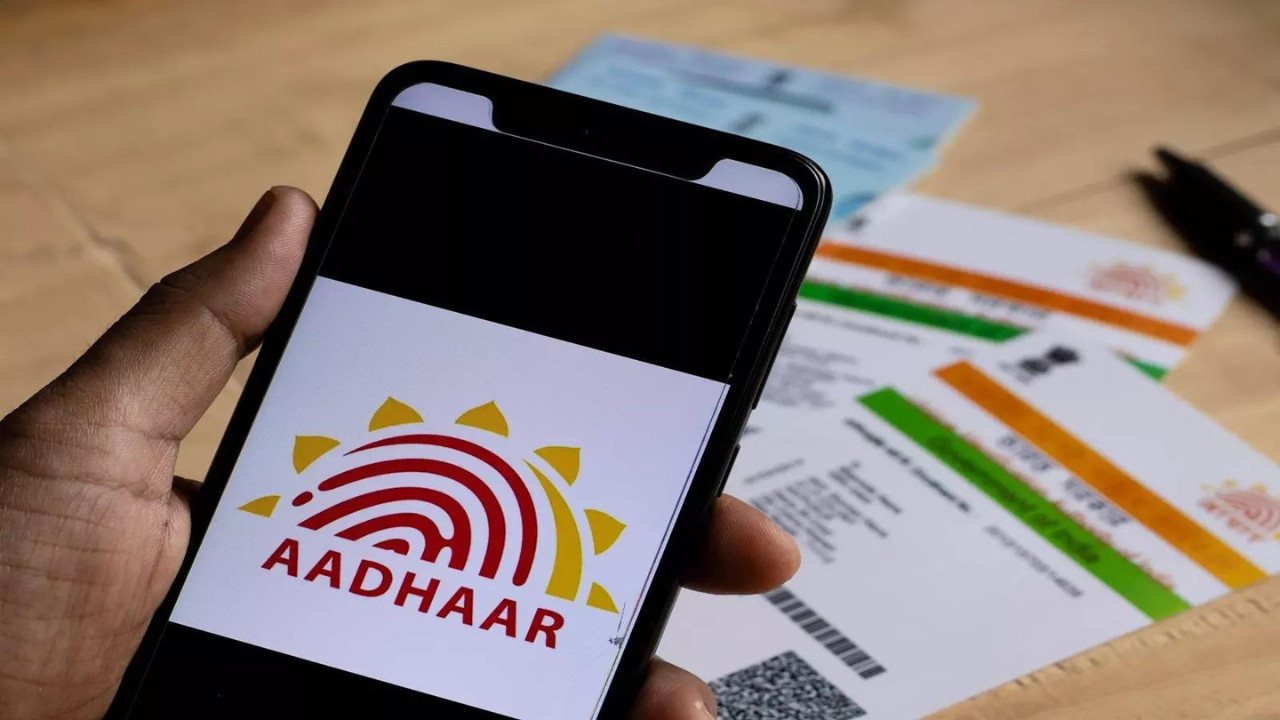India’s GIFT City may soon facilitate transactions in offshore Chinese renminbi. Authorities are reviewing a proposal to enable International Banking Units to deal in CNH. This move follows improved India-China relations and aims to expand banking services. Indian banks anticipate benefits from increased yuan-based transactions, driven by global trade. The decision awaits high-level approval.
Is India Poised to Embrace the Yuan at GIFT City?
The winds of global finance are shifting, and India’s GIFT City, the ambitious financial hub in Gujarat, could be at the heart of some significant changes. Whispers are growing louder about the potential for trading in Chinese Yuan (CNH) at GIFT City, a move that would signal a notable step in India’s evolving relationship with China and its currency. But what’s driving this potential shift, and what are the implications?
For months, there’s been a delicate dance between India and China, balancing economic interdependence with geopolitical considerations. Amidst this backdrop, Indian banks have reportedly been pushing for increased Yuan transactions. This push isn’t happening in a vacuum. It reflects a broader global trend toward diversifying currency reserves and payment systems, and a recognition of China’s undeniable economic weight.

The potential introduction of Yuan trading at GIFT City isn’t just about facilitating easier transactions between Indian and Chinese businesses. It’s about positioning India as a key player in the international financial landscape. By offering Yuan-denominated products and services, GIFT City could attract a wider range of investors and businesses, particularly those looking to hedge against currency fluctuations or access Chinese markets more efficiently.
Why Now? The Factors Behind the Yuan Push
Several factors are converging to make this a potentially opportune moment. Firstly, while tensions exist, diplomatic channels between India and China are open, and economic cooperation continues. Allowing Yuan trading could be viewed as a confidence-building measure and a sign that both nations are committed to fostering economic ties.
Secondly, the increasing internationalization of the Yuan is undeniable. While the US dollar remains the dominant global currency, the Yuan’s share of global payments and reserves has been steadily growing. India, like many other nations, is keen to explore avenues for reducing its reliance on the dollar and diversifying its financial relationships.
Finally, the specific context of GIFT City is crucial. Designed to be a global financial center, GIFT City aims to attract international businesses and investors by offering a conducive regulatory environment and world-class infrastructure. Facilitating Yuan transactions would further enhance its appeal and attract businesses dealing with China. For more on GIFT City’s growth and potential, you might find our article on [GIFT City’s impact on Indian FinTech](related-fintech-article.html) insightful.
What Could Yuan Trading at GIFT City Look Like?
The exact mechanics of Yuan trading at GIFT City are still under discussion. However, it’s likely to involve a range of financial instruments and services, including:
* Yuan-denominated deposits and loans: Allowing businesses to hold and borrow Yuan within GIFT City.
* Currency exchange facilities: Making it easier to convert between Rupees and Yuan.
* Derivatives and hedging products: Offering tools to manage currency risk.
* Yuan-denominated bonds and other securities: Attracting investors seeking exposure to the Chinese currency.
Navigating the Challenges and Opportunities of International Currency Trading
Of course, introducing Yuan trading at GIFT City won’t be without its challenges. Regulatory frameworks need to be carefully crafted to ensure transparency and prevent illicit financial flows. Risk management systems must be robust to mitigate potential currency fluctuations. And cybersecurity measures need to be top-notch to protect against cyber threats.
However, the potential rewards are significant. By embracing the Yuan, India could strengthen its economic ties with China, attract more foreign investment, and enhance its position as a leading financial hub. The move could also pave the way for greater use of the Yuan in international trade and finance, contributing to a more multi-polar global currency system.
The high-level review underway suggests a serious consideration of the proposal. Whether this translates into concrete action remains to be seen, but the discussion itself underscores India’s evolving approach to international finance and its willingness to explore new avenues for growth and cooperation.
A Financial Future Shaped by Shifting Sands
The potential for Yuan trading at GIFT City isn’t just about currency; it’s about strategy. It’s about India positioning itself in a world where the financial landscape is constantly being reshaped. The decision hinges on careful consideration, a delicate balance of economic opportunity and strategic navigation, and the will to embrace a financial future that looks significantly different from the past. Ultimately, it reflects a proactive approach to India’s role in the increasingly multipolar world of global finance.







